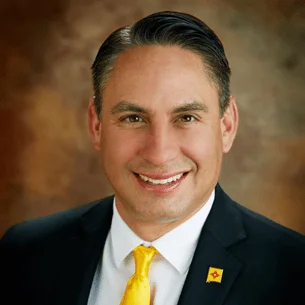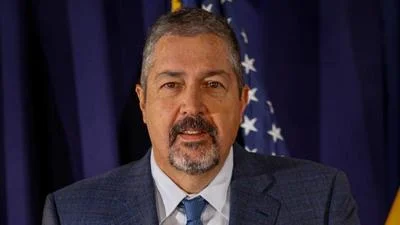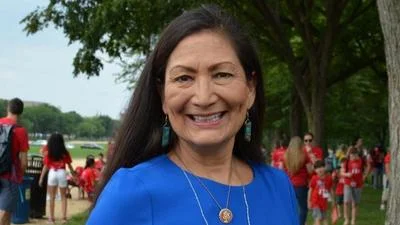The 2025 legislative session in New Mexico, which concluded on March 22, resulted in the passage and advancement of several significant bills concerning environmental and climate issues. Guided by the advocacy efforts of NM IPL and other non-profit communities, these bills are now headed to the Governor for approval before becoming law. The session saw a mix of progress and setbacks, with certain bills passing while others were tabled for further discussion in the future.
Among the key bills that succeeded were SB 48 and SB 83. SB 48, known as the Community Benefit Fund, passed with funding of $210 million, aimed at supporting communities disproportionately affected by climate change. In addition, SB 83, the Innovation in State Government Fund, established a $13.5 million fund to foster sustainable energy innovation within state agencies.
SB 21, another notable success, ensures state-level continuation of federal clean water protections, amidst rollbacks in recent years that left New Mexico's streams largely unprotected. HB 91 and SB 156 passed as well, focused on energy efficiency and support for low-income utility users. HB 91 authorizes lower utility bills for vulnerable residents, while SB 156 protects the benefits of net-metering for low-income solar system owners.
The New Mexico Solar Access Fund, established by HB 128, will provide grants for solar and storage projects in public buildings. Senate Memorial 14 and House Memorial 37, initiated by Senator Angel Charley, aim to safeguard Mount Taylor's cultural and environmental integrity.
However, not all proposals saw success. Comprehensive climate legislation like SB 4 and others dealing with climate resilience and environmental protections, such as HB 109, HB 108, and HB 222 were among those that did not pass. Many of these bills, such as the Clear Horizons Act (SB 4), faced challenges in committee stages.
Moreover, the session witnessed the passage of some controversial bills, like HB 137, the Strategic Water Supply. It allocates $75 million for the treatment of brackish water, a move some advocate as a misapplication of public funds.
The legislative session reflects a mix of achieved environmental goals and challenges, with multiple bills still requiring focus and advocacy for future consideration. As climate issues continue to be a priority, these discussions signal ongoing efforts toward a more sustainable future.









